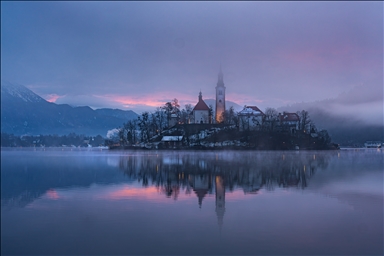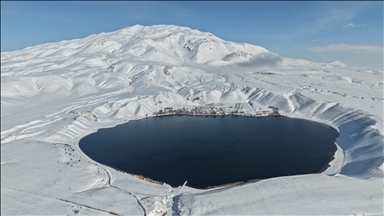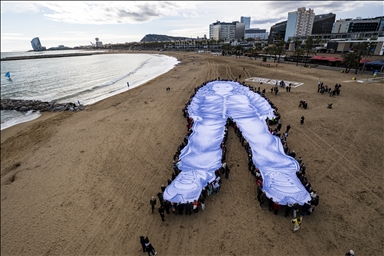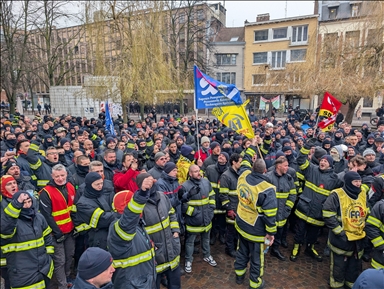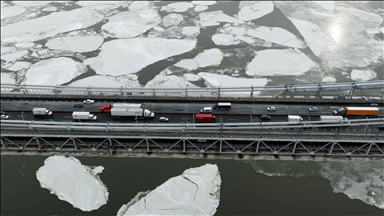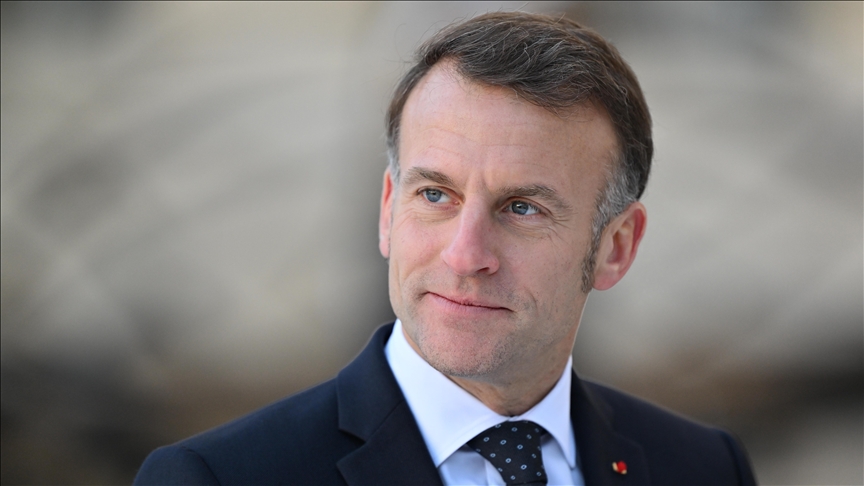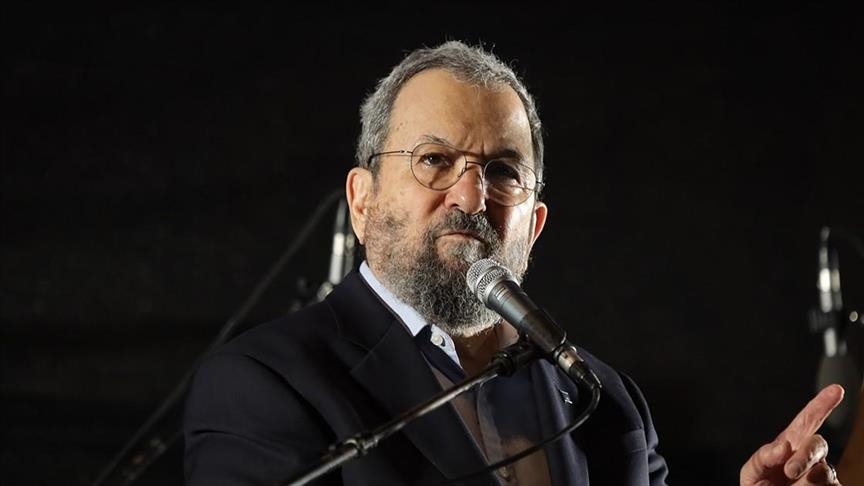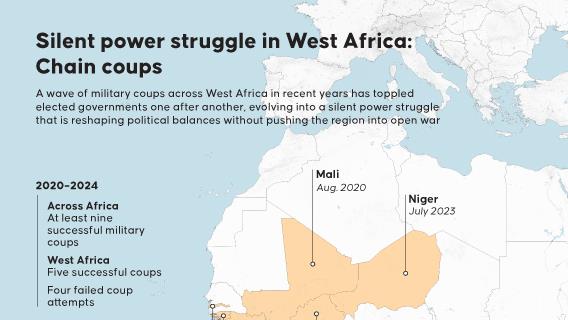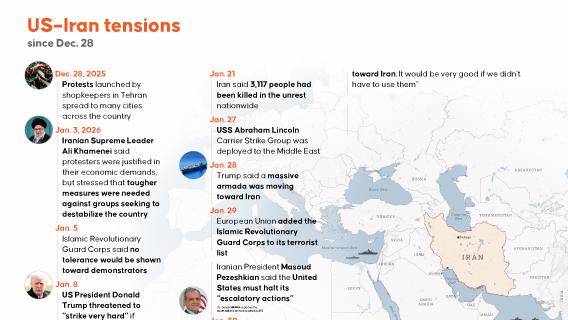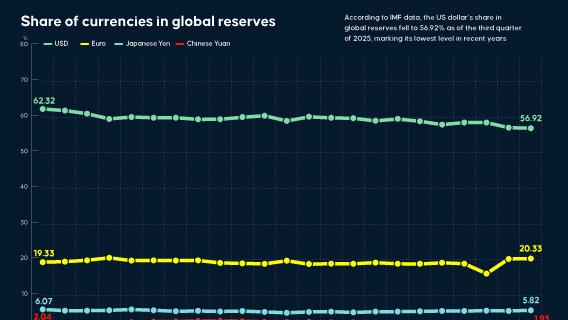Mandatory cookies are used on our website www.aa.com.tr in order to provide you with a better service. These cookies cannot be disabled via the "Cookie Control Panel". You can view the cookies used on our site via the "Cookie Control Panel" and change your preferences.
Necessary Cookies
This cookie is used to distinguish between humans and bots. This is beneficial for the web site, in order to make valid reports on the use of their web site.
Functional Cookies
Remembers the user's selected language version of a website.
Performance/Analytical Cookies
Registers a unique ID that is used to generate statistical data on how the visitor uses the website.Used by Google Analytics to throttle request rate.
Advertising/Marketing Cookies
This cookie is used to collect information on consumer behavior, which is sent to Alexa Analytics. (Alexa Analytics is an Amazon company.)

